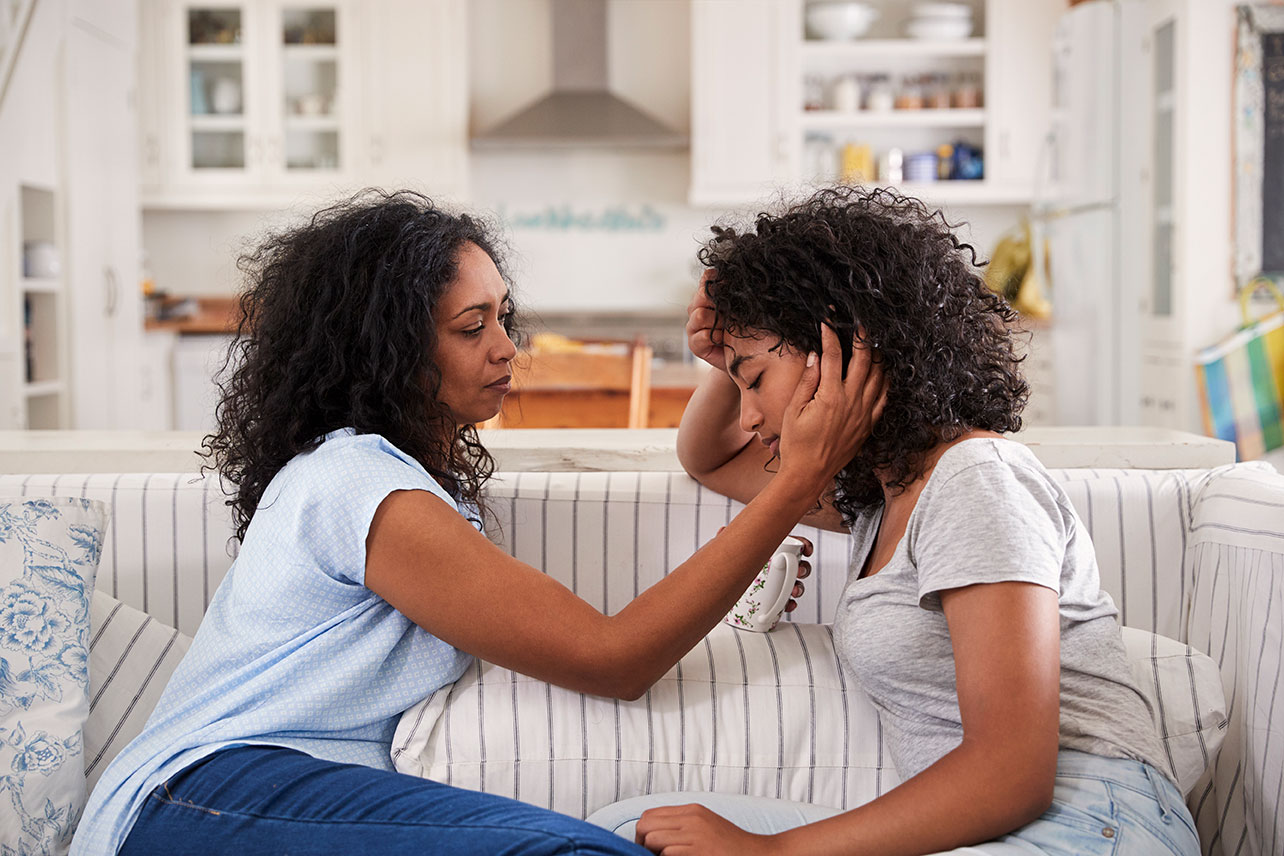
What Should I Do If I Think My Child Is Being Bullied?
First, focus on your child. Be supportive and gather information.
- Never tell your child to ignore the bullying. Often, trying to ignore bullying allows it to become more serious. It also sends a message to your child that you don’t think it is serious and they will be less likely to continue to report such behavior.
- Listen carefully to what your child tells you about the bullying. Ask him or her to describe who was involved, how and where each bullying episode happened, and who might have witnessed it.
- Don’t blame your child or immediately assume he/she did something to aggravate the other child. On the other hand, make sure that you gather all of the information about what happened.
- Empathize with your child. Tell him/her that bullying is wrong, and that you are glad he or she had the courage to tell you about it. Ask your child what he or she thinks can be done to help. Assure him or her that you will think about what needs to be done and you will let him or her know what you are going to do.
- Do not encourage physical retaliation (“Just hit them back”) as a solution. Hitting another student is not likely to end the problem, and it could escalate the situation.
Second, contact your child’s teacher, counselor, assistant principal and or principal.
- Parents are often reluctant to report bullying to school officials, but bullying might not stop without the help of adults. Call or set up an appointment to talk with your child’s teacher. He or she will probably be in the best position to understand the relationships between your child and his or her peers at school.
- Keep your emotions in check. Give factual information about your child’s experience of being bullied including who, what, when, where, and how.
- Ask the teacher to talk with other adults who interact with your child at school (such as the music teacher, physical education teacher, or bus driver) to see whether they have observed students bullying your child. Emphasize that you want to work with the staff at school to find a solution to stop the bullying, for the sake of your child as well as other students.
- If you are not comfortable talking with your child’s teacher, or if you are not satisfied with the conversation, make an appointment to meet with your child’s principal or counselor to discuss your concerns.
- Do not contact the parents of the student(s) who bullied your child. This is usually a parent’s first response, but sometimes it makes matters worse.
- Commit to making the bullying stop. Talk regularly with your child and with school staff to see whether the bullying has stopped. If the bullying persists, contact school authorities again.
Third, if appropriate, contact law enforcement.
- In Montana there are no specific anti-bullying laws, but often times bullying falls under other existing laws. Contact your School Resource Officer (make link to the SRO page) to discuss your situation and determine if law enforcement can play a role to end the bullying.
Fourth, don’t back your child into a corner.
- In many situations, bullying roles may shift between members of a peer group. While one person may be the instigator one week, the role can shift the following week. If you child reports they have been bullied, don’t assume they have never been guilty of being the instigator in the past. It is important to stay caring and supportive, without taking away your child’s ability to own up to their own mistakes.
(Adapted from: U.S. Department of Education and U.S. Department of Health and Human Services)
Bullying doesn’t stop once a student goes to college. College cyberbullying can make simply leaving the dorm a nightmare. Understanding what it is and what drives bullies to do what they do can go a long way toward helping students figure out how to curtail the problem. Learn more here.
